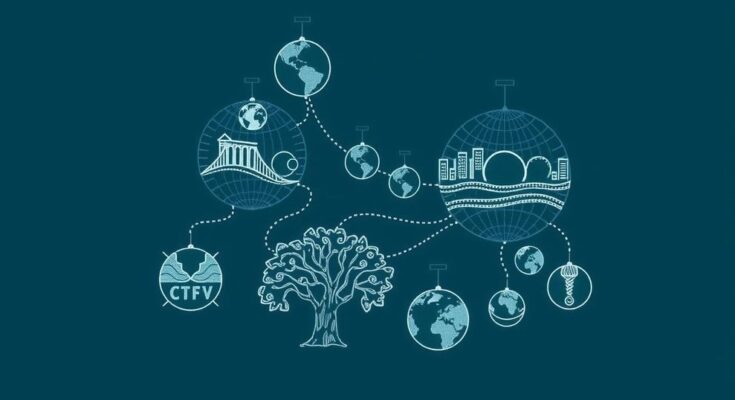The ICJ has updated the hearing schedule for its advisory opinion on states’ obligations regarding climate change, following UNGA’s request. Key developments include OPEC’s withdrawal from oral statements and changes in presentation schedules. The hearings, starting December 2, will involve over 100 participating parties and will be accessible to the public via live stream.
The International Court of Justice (ICJ) has issued an updated hearing schedule for its advisory opinion concerning the obligations of states related to climate change. In a significant development, the Organization of the Petroleum Exporting Countries (OPEC) has decided to withdraw from providing an oral statement. Requested by the United Nations General Assembly (UNGA), the ICJ aims to evaluate the financial liabilities of nations for their contributions to climate change and to delineate the necessary actions to be taken to mitigate this global crisis.
The advisory opinion, solicited on March 29, 2023, at Vanuatu’s request, involves the legal responsibilities of countries in addressing climate change. Although the ICJ’s advisory opinions are non-binding, they are anticipated to influence future climate litigation and legislative frameworks. The UNGA has posed two pivotal questions: firstly, the obligations of states under international law to protect the climate from anthropogenic greenhouse gas emissions; and secondly, the legal consequences for states that have, through their actions or inactions, caused environmental harm, focusing particularly on vulnerable nations, such as small island developing states.
To facilitate a thorough discourse, the Court has allowed member states and international organizations to submit written opinions and legal arguments. Following this submission phase, oral arguments are scheduled to commence on December 2, 2023, at the Court’s premises in The Hague.
The hearings are structured to host representatives from over 100 countries, with presentations conducted in 30-minute segments over a span of two weeks. Noteworthy participants include Vanuatu, who, alongside the Melanesian Spearhead Group, will deliver a one-hour opening statement. Countries including South Africa, Germany, and Antigua and Barbuda are set to follow.
The Court has since revised its schedule, with Gambia switching its presentation time with Sierra Leone. Additionally, Mauritius has opted out of their presentation, prompting a rescheduling of the day’s agenda. OPEC’s withdrawal from the proceedings has also been noted, as they will not provide an oral statement but will submit a written one instead. Other scheduled presenters on the final day include various regional organizations and the World Health Organization.
Due to the anticipated high level of interest and limited seating in the Great Hall of Justice, only five public seats will be available on a first-come, first-served basis. Nevertheless, the hearings will be accessible via live streaming on the Court’s website and UN Web TV, allowing broader public engagement.
The ICJ, based in The Hague, serves as the principal judicial organ of the United Nations, resolving disputes between states and providing advisory opinions on legal questions referred to it by authorized UN organs and specialized agencies. The request for an advisory opinion on climate change obligations marks an important moment in international environmental law, addressing pressing global concerns around climate change. The involvement of the UNGA and the structured inquiry into state obligations reflect growing recognition of the need for coordinated international efforts to combat environmental degradation and protect vulnerable communities.
In summary, the International Court of Justice’s forthcoming hearings on climate change obligations signify a landmark effort to clarify international legal responsibilities concerning environmental protection. The withdrawal of OPEC and the adjustments to the hearing schedule underscore the evolving dynamics of international cooperation on climate issues. The insights gained from this process may shape future legal frameworks and guide the actions of states in mitigating climate impacts, particularly for those most at risk.
Original Source: www.forbes.com




